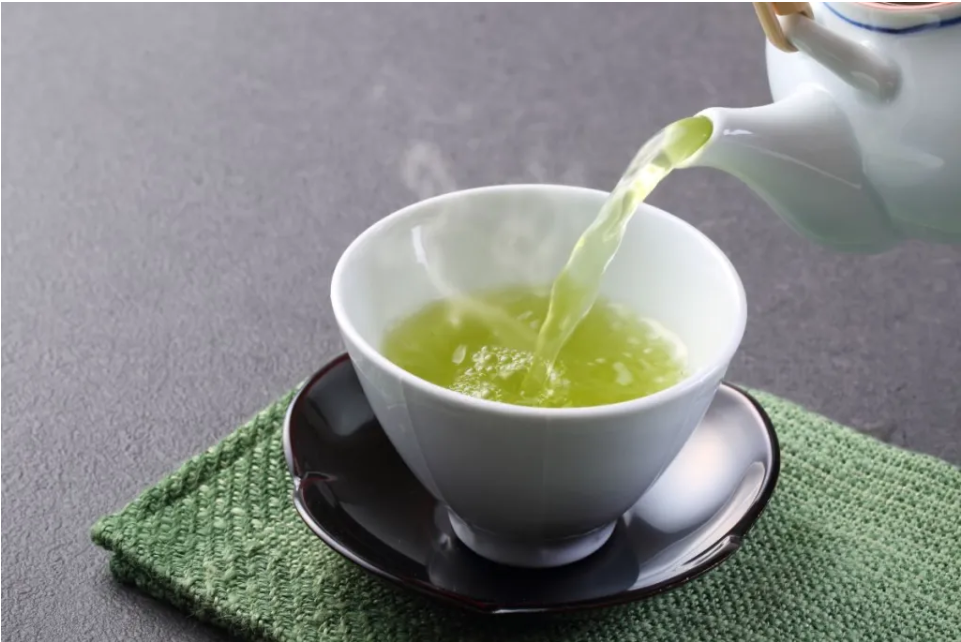Tea, the second most popular beverage in the world, is loved by hundreds of millions of people. About 84% of tea consumption in the United States is black tea, while green tea accounts for about 15%. Both come from the same plant, the tea tree (Camellia sinensis), but are processed differently, giving them unique flavors and health properties. This article will explore the differences between green tea and black tea, their nutritional content, and their respective health benefits to help you make wise choices in your daily drinking.

1. Processing and appearance differences
- Green tea: After picking, it is quickly heated (steamed or fried) to prevent the oxidation process, retaining the green color of the leaves and rich catechins.
- Black tea: The leaves are completely oxidized, the color becomes darker, the taste is stronger and slightly bitter, and the catechins are converted into theaflavins and thearubigins during the oxidation process.

2. Comparison of nutrients
- Antioxidants
Green tea is rich in catechins, especially epigallocatechin gallate (EGCG), which has been widely studied and confirmed to have anti-inflammatory, anti-cancer and cardiovascular protective effects.
Black tea contains more theaflavins and thearubigins, which are polyphenolic compounds that also have antioxidant and anti-inflammatory properties, but they are different from the catechins in green tea. - Caffeine content
The caffeine content of black tea is slightly higher (about 26 mg/cup), while that of green tea is slightly lower (about 29 mg/cup, partly due to different preparation methods). Both can provide a mild refreshing effect. - Vitamins and minerals
Green tea contains trace amounts of vitamin C, B vitamins and minerals such as iron, magnesium, potassium, etc., while the content of black tea is lower, but the difference is not significant.

3. Comparison of health benefits
- Cardiovascular health
Studies have shown that theaflavins in black tea help lower “bad” cholesterol (LDL) and reduce the risk of cardiovascular disease. Catechins in green tea also support heart health and help lower blood pressure. - Anti-inflammatory and metabolic regulation
Both exhibit anti-inflammatory properties and help regulate blood sugar and lipid metabolism. Some studies have shown that black tea polyphenols have a positive effect on weight management, while green tea is widely used to assist in fat loss due to its high EGCG content. - Anti-cancer potential
Green tea has been studied more in the field of anti-cancer, especially showing potential protective effects against prostate cancer, breast cancer and gastric cancer. The anti-cancer effect of black tea has also been paid attention to, but the evidence is relatively less. - Neuroprotection and cognitive function
The L-theanine contained in green tea helps improve attention and relax the mood, which may slow down cognitive decline. The ingredients in black tea also support brain health, but the mechanism is slightly different.

4. Taste and drinking suggestions
- Taste
Green tea is fresh, slightly herbal and nutty, suitable for those who like a light taste. Black tea is rich, fruity and slightly bitter, suitable for those who like strong tea flavor. - Brewing temperature and time
Green tea should be brewed at a lower temperature (70-80℃) and for a short time (1-3 minutes) to avoid bitterness. Black tea is suitable for brewing with boiling water for a longer time (3-5 minutes) to release rich flavor.

Green tea and black tea have their own advantages and health benefits. The key lies in personal taste preference and drinking habits. As one writer said: “Choose the cup of tea that makes you happy, that is the best tea.” Whether it is green tea or black tea, incorporating it into daily life can add a touch of color to health.

Leave a Reply